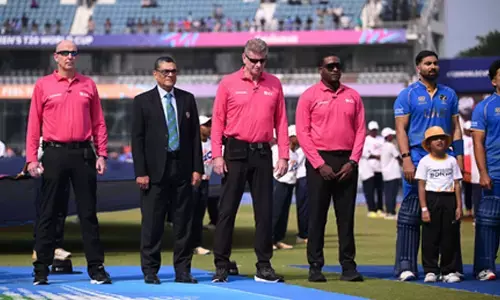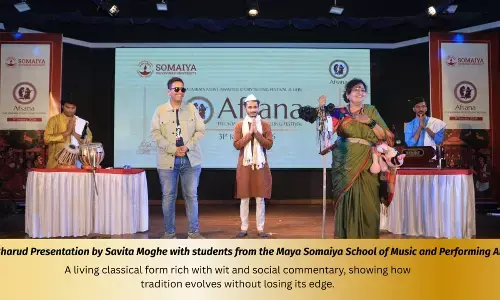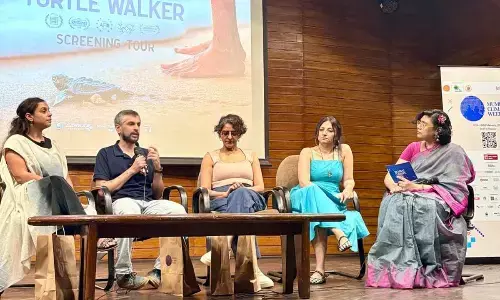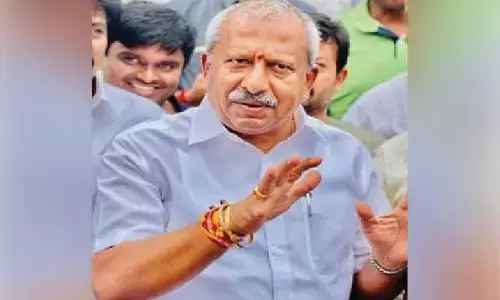Tips for JEE mains
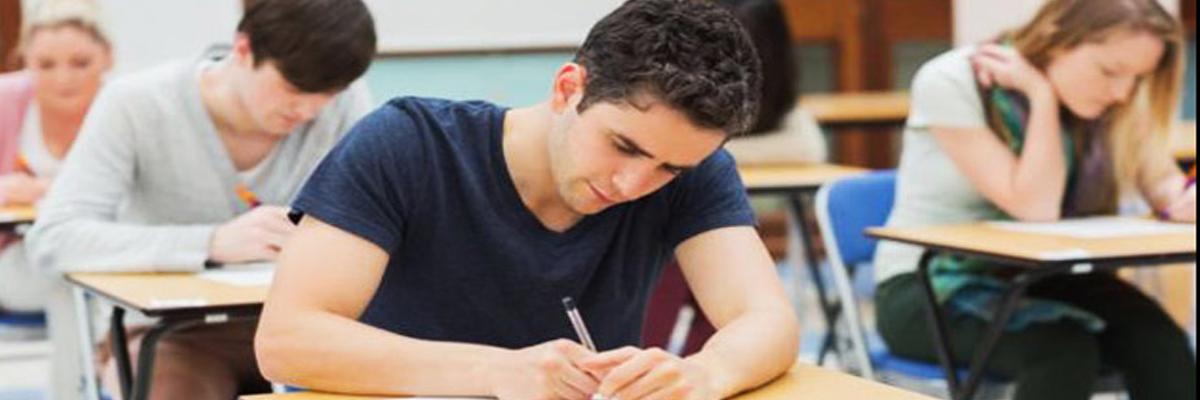
The first leg of upcoming JEEMain exam will be conducted between January 520, 2019 and despite the fact that these dates coincide with class XII board practical examination over 965 lakh aspirants have registered for the exam as per official data
The first leg of upcoming JEE-Main exam will be conducted between January 5-20, 2019 and despite the fact that these dates coincide with class XII board practical examination; over 9.65 lakh aspirants have registered for the exam as per official data.
Clearly a vast majority of students are enthused and willing to take two attempts- Once in January and then again in April as the ‘better’ score out of the 2 tests would be considered for the final merit list. So instead of worrying about the imminent ‘midway’ test, students should try to complete their syllabus and the look forward to a sound revision using the tips we have shared below.
Procure the past 4 to 5 year’s papers of JEE-Mains. Please note that both offline paper (one in number) and online papers (multiple) have been held over the past few years. This would mean you should comfortably have around 15 papers at hand. Divide these papers randomly into 3 equal sets (call them A, B & C) and proceed as follows:
Set-A: Attempt them topic wise to understand you command on concepts involved and accordingly plan further revision and practice. Jot down all such concepts where you committed mistakes and refer to them frequently to avoid repeating those in further practice/tests. This part should be over by 1st week of December, 2018.
Set-B: Once again you are advised to attempt questions topic wise to check for improvement and need for more practice in topics where you still face problems.
At this stage, you are advised to get in touch with your respective teachers to clear any conceptual doubt you might be having.
If you find any concept that is still not clear, it is better to avoid questions based on them and focus on topics where you have better command and confidence. This part should be over by 3rd week of December, 2018.
Set-C: Take these previous year papers as full tests the way you would be taking your actual JEE (Mains).
SUBJECT RELATED TIPS
PHYSICS
1.Make yourself familiar with various units associated with physical quantities. Compile a list of all units where you often get confused.
2.Pay special attention to topics which are there in syllabus for JEE-Mains but not in JEE-Advance like Semi-conductor devices, Electromagnetic waves, communication system etc. Questions based on these topics are often straight forward and simple. A little extra reading helps you improve your score significantly. A through understanding of all that is given in NCERT text books on such topics is usually sufficient to solve questions in JEE-Mains.
3.Make sure you have good command on ‘Vector treatment’ wherever required.
4. Along with any standard formula also understand their limitation.
CHEMISTRY
Physical Chemistry
You should maintain a diary for quick revision of simple formulas pertaining to chapters like atomic structure, solid state, ionic equilibrium, electrochemistry and thermochemistry. Also keep in mind the situations where these formulae cannot be applied directly. An extra emphasis should be given to the topics mentioned above as more questions are often asked from these topics. One should also remember values of log 2 (0.3010) and log 3 (0.4771) as they often come up during calculations.
Organic chemistry
Here the focus should be on various name reactions that you have come across and their mechanism. Reactions like Ozonolysis, Aldol, Cannizzaro, Perkin and Hoffmann’s should be thoroughly understood and questions related to them should be practiced. Special focus should be on GOC and one should be good at comparing stability of reaction intermediates and questions related to acidity and basicity. Isomerism and Organic compounds containing Oxygen should be dealt with in minute detail. Lastly one should remember tests of the various functional groups.
Inorganic Chemistry
Here again one should maintain a diary for noting down trivial facts pertaining to formula of ores and composition of alloys which often come up in objective tests. Besides this the focus should be on chapters like chemical bonding, p block elements and coordination chemistry from where the bulk of questions are asked.
MATHEMATICS
For Maths, it is advisable to have a list for formulae and important concepts handy. It is better to make this list oneself rather than rely on some pre-prepared list as while writing it out one can modify it to suit individual requirements.
Co-ordinate Geometry: Go through the formulae with an eye on trying to pick up similarities between them – this will help in recall during the examination. Do not underestimate geometrical properties especially for straight lines and circles; include those in your notes too.
Trigonometry: Split your notes in four parts - basic formulae, trigonometric equations, inverse and solution of triangles. Though there seem to be a lot of formulae in this chapter in reality JEE-Main questions are likely to be based on the more common results so keep those in mind.
Algebra: There are few formulae here, mainly properties. For Quadratic or Theory of equations be clear about how the symmetric sums of roots occur in an equation as well as transformation of equations. It is important in Complex Numbers to revise the interpretation of various formulae in the geometric form, it makes them more intuitive and easier to remember. Binomial, Permutation and Combination, and probability are all connected and should be revised together. In the latter two its good to have a marked a few typical problems to revise as well since they are less formula based and geared more towards problem solving strategies.
Calculus: You should be very clear on the standard limits, differentiation formulae and standard integration results. Beside this also revise the theoretical requirements for Continuity and Differentiability as well as the properties of Definite Integration.
Vector and 3-D Geometry: Try to do them in conjunction as they are closely related. The questions in this section are likely to involve standard formulae.
- Srikant Kumar


